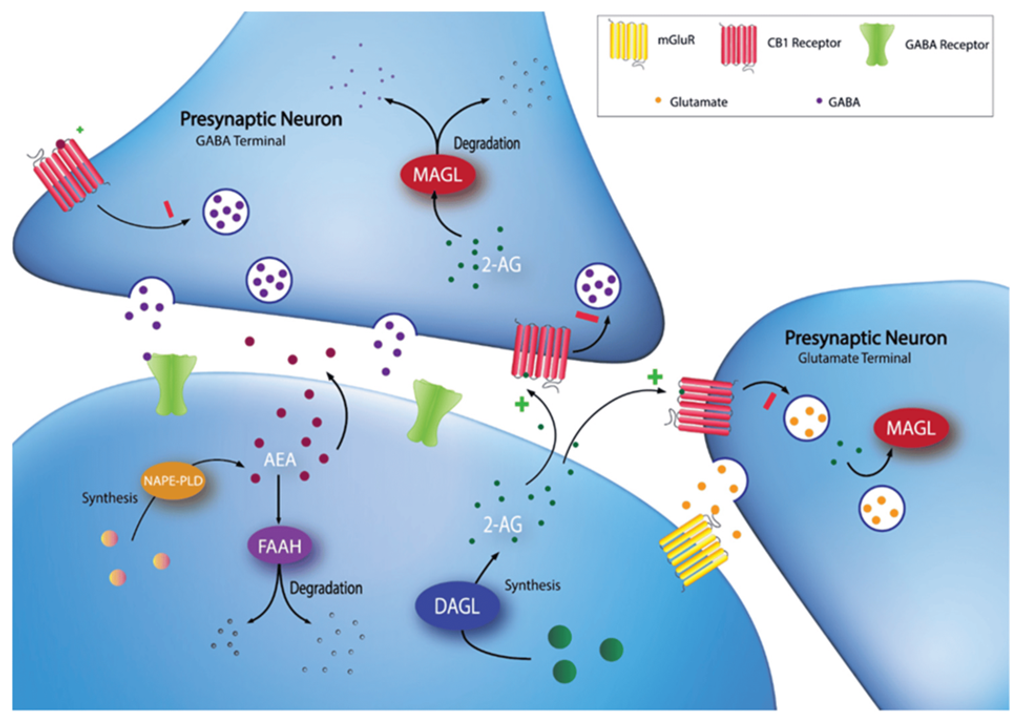In a world where pain is an inescapable human experience, Jo Cameron’s extraordinary rare case condition stands out as a medical marvel. This 75-year-old woman from Loch Ness has lived her life feeling virtually no pain, which has captivated researchers and doctors alike. Recent discoveries by University College London (UCL) scientists have shed light on the genetic underpinnings of her unique condition, potentially paving the way for groundbreaking medical treatments.
An Unusual Rare Case
Doctors first noticed something unusual about Mrs. Cameron’s pain tolerance after she underwent a serious operation and required no pain relief during her recovery. Intrigued by her case, her anesthetist referred her to geneticists at UCL and Oxford University. Subsequent tests revealed that Mrs. Cameron has mutations in a gene known as “FAAH-OUT”, a discovery that has sparked a significant scientific interest.
Unpacking the FAAH-OUT Mutation
The FAAH-OUT gene mutation in Mrs. Cameron disrupts the normal function of pain perception and anxiety regulation. Researchers at UCL, led by Professor James Cox and Dr. Andrei Okorokov, have delved into the molecular mechanics of this mutation. Their findings, published in the journal Brain, indicate that this mutation prevents pain, promotes faster wound healing, and alters mood regulation.

Professor Cox explained, “By understanding precisely what is happening at a molecular level, we can start to understand the biology involved. This opens up possibilities for drug discovery that could one day have far-reaching positive impacts for patients.”
Dr. Okorokov added, “The FAAH-OUT gene is one small corner of a vast continent, which this study has begun to map. These explorations have identified molecular pathways affecting wound healing and mood, all influenced by the FAAH-OUT mutation.”
Practical Implications for Medicine
The implications of these discoveries are profound. If scientists can harness the biological mechanisms behind Mrs. Cameron’s pain insensitivity, it could revolutionize pain management and wound healing treatments. The potential for new drugs targeting these pathways could offer relief for chronic pain sufferers and improve recovery outcomes for various injuries and surgeries.
Moreover, understanding the link between the FAAH-OUT mutation and mood regulation might provide new avenues for treating conditions such as anxiety and depression. The holistic benefits observed in Mrs. Cameron’s genetic makeup—ranging from painlessness to rapid wound healing and a lack of anxiety—underscore the complex interplay between genetics and health.
A Life Without Pain
Mrs. Cameron’s life story adds a personal dimension to this scientific breakthrough. She often recounts how she only realizes her skin burns when she smells singed flesh and never feels anxious or afraid. These anecdotes highlight the daily realities of living without pain—a condition that, while seemingly advantageous, also comes with unique challenges.
Her experiences have provided researchers with invaluable insights and highlighted the importance of genetic diversity in understanding human health. Mrs. Cameron’s case reminds us that every individual’s genetic makeup holds the potential for uncovering new medical frontiers.
The Road Ahead
The journey from discovery to practical application is long, but the findings related to the FAAH-OUT gene mark a significant step forward. As scientists continue to explore this genetic anomaly, the hope is that new treatments will emerge to benefit countless patients worldwide.
In summary, Jo Cameron’s pain-free existence has not only provided a fascinating glimpse into the possibilities of genetic research but also opened up new horizons for medical innovation. Her story is a testament to the power of scientific inquiry and the endless potential of human genetics to improve lives.
Disclaimer Statement: This information is from a third-party health news channel. The opinions expressed here belong to the respective authors/entities and do not reflect the views of Docquity. Docquity does not assure, endorse, or vouch for any of the content and bears no responsibility for it in any way. It is essential to take all necessary steps to ensure the information and content provided are accurate, current, and verified. Docquity disclaims any express or implied warranties related to the report and its contents.
References
Rare genetic mutation allows woman to feel no pain [Internet]. Accessed on June 20, 2024. Available at: https://www.bbc.com/news/uk-scotland-highlands-islands-65694397
About Docquity
If you need more confidence and insights to boost careers in healthcare, expanding the network to other healthcare professionals to practice peer-to-peer learning might be the answer. One way to do it is by joining a social platform for healthcare professionals, such as Docquity.
Docquity is an AI-based state-of-the-art private & secure continual learning network of verified doctors, bringing you real-time knowledge from thousands of doctors worldwide. Today, Docquity has over 400,000 doctors spread across six countries in Asia. Meet experts and trusted peers across Asia where you can safely discuss clinical cases, get up-to-date insights from webinars and research journals, and earn CME/CPD credits through certified courses from Docquity Academy. All with the ease of a mobile app available on Android & iOS platforms!







